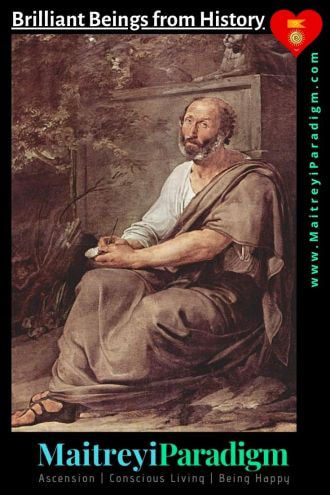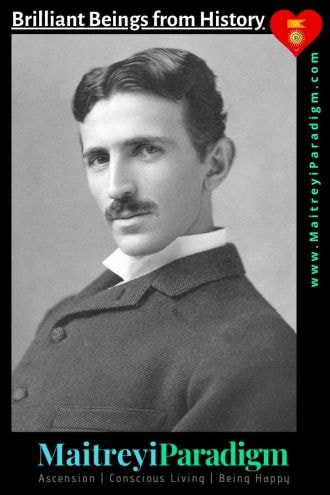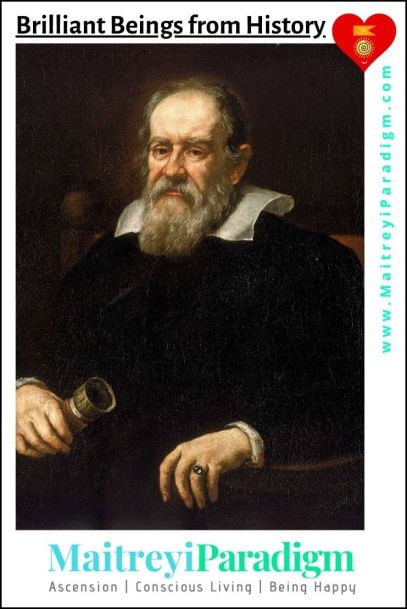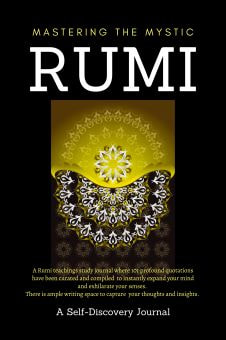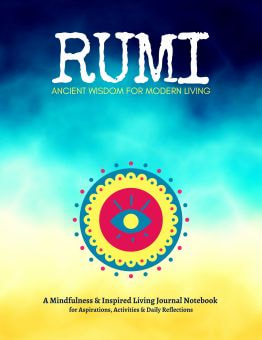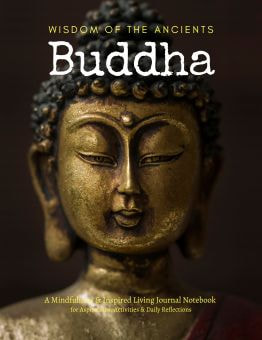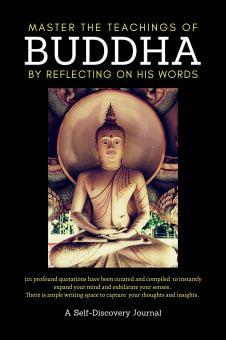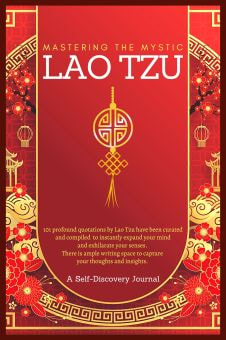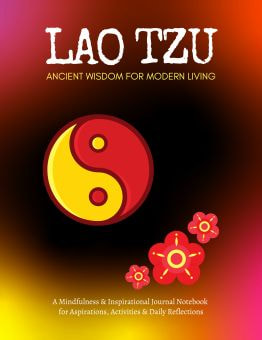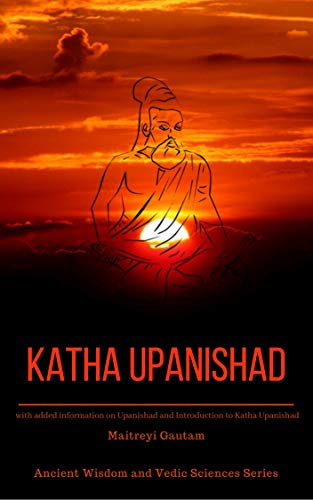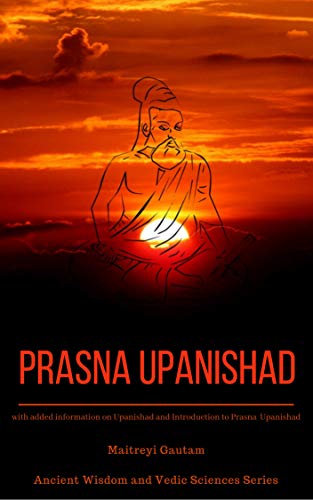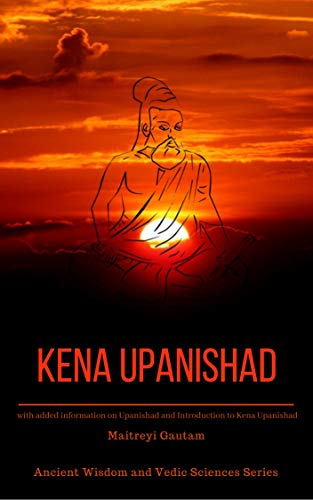Aristotle studied elementary mathematics and considered it to be one of three theoretical sciences. In contrast to Plato, who elevated mathematics to a prominent place, Aristotle deemed it unimportant, and placed it in the same category as philosophy and theoretical physics. This distinction is important because Aristotle's work traces the development of modern mathematics, as well as the study of mathematics.
Aristotle shaped physics and the life sciences, but his studies in these fields were influenced by pre-Socratic theorists. Nonetheless, Aristotle's world set-up is reminiscent of those of pre-Socratic theorists. Aristotle embraced Empedocles's view on the make-up of the universe, according to which everything is made up of four basic elements, air, fire, and water.
Many modern scientists still regard Aristotle as a key source for understanding the human mind and addressing many issues.
In his final years, Aristotle shifted his attention to his own research and expanded his work into marine biology.
Aristotle introduced the concept of "regularity" in nature. He believed that organisms have final causes, but they did not become that way through the intentional agency of an agent. For this reason, he rejects the idea that intentional design is a necessary condition for the existence of final causes.
He believed that "everything happens for a reason, not by chance". This is in line with the Regularity Theory of Causation, where the core idea is that, "causes are regularly followed by their effects". A genuine cause and its effect stand in a pattern of invariable succession. In other words, Regularity Theory of Causation says that whenever a cause occurs, so does its effect. This is ofcourse very much in line with the ancient theory of Karma, where we find that every action (karma), works as a cause… a reason, to bring about a resulting effect of that action as an outcome or fruits of that action.
Aristotle also wrote about democracy. He wrote about the benefits of democracy and the rule of law, and he believed that the rule of law is the best form of government. Although the state is composed of individuals, a polity can arise when the middle class is strong enough. If individuals are empowered to rule, they will be able to tailor the government to suit their own interests and not be subject to the whims of others.
Famous & Inspiring Quotes by Aristotle
|
| |
continue reading...
- Why should we read about the lives of amazing people from History? - Introduction to 'Inspiration from Brilliant Beings from History' series
- Helen Keller- Inspiration from Brilliant Beings series
- Getting our body in-sync with the Beats of the Universe!!
- How wearing a silver anklet (ankle chain) on your left foot can be beneficial in myriads of ways.
- Here are some rejuvenating herbs that can help you to attain an 'ageless' body...
Brilliant Beings and Inspiration
Keywords and Tags:
#Aristotle #AristotleQuotes #GreekPhilosopher #inspiration #brilliantbeingsfromhistory #greatnessfromhistory #motivationalmessage

